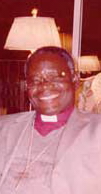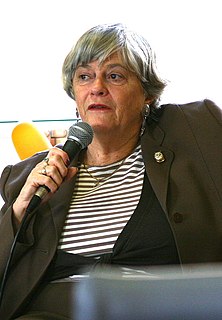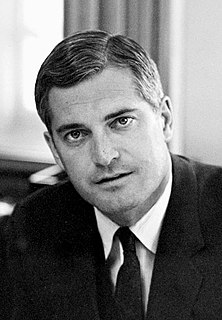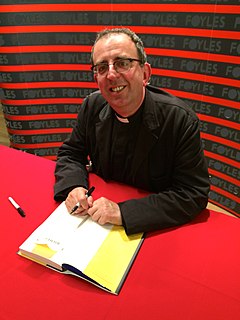A Quote by Charles Caleb Colton
Sir Richard Steele has observed, that there is this difference between the Church of Rome and the Church of England: the one professes to be infallible, the other to be never in the wrong.
Quote Topics
Related Quotes
I'd signed up not just for Christianity but the established Church of England. That has a particular history and I think we rather lost it in the 19th Century, we became so much part of empire and colonialism, the language of the Church Of England still reflects that Victorian time. As the 20th Century developed, not surprisingly people left the church and I can see the church's role in losing people.
It does seem to me, though, that there is a difference between the Mormon Church saying, "We don't accept gay people within the Church; we don't accept gay marriage within the Church; we don't accept people who act on their homosexual desires within the Church;" and trying to interfere with what happens outside of the Church. That seemed to me to be an abomination.
And I profess still, that whatsoever the church of England (the church, I say, not every doctor) shall forbid me to say in matterof faith, I shall abstain from saying it, excepting this point, that Jesus Christ, the Son of God, died for my sins. As for other doctrines, I think it unlawful, if the church define them, for any member of the church to contradict them.
One major difference between Mormons and evangelicals on the subject of revelation is that Latter-day Saints believe that God has appointed modern-day prophets and apostles to receive revelation for Christ's church. All church members may receive revelation appropriate for their particular callings or positions within the church and their families, but never in contradiction to church doctrine or policy. So Mormonism has both a democratic practice of revelation that would resonate with evangelicals, but also an institutional understanding of revelation foreign to evangelicalism.






































